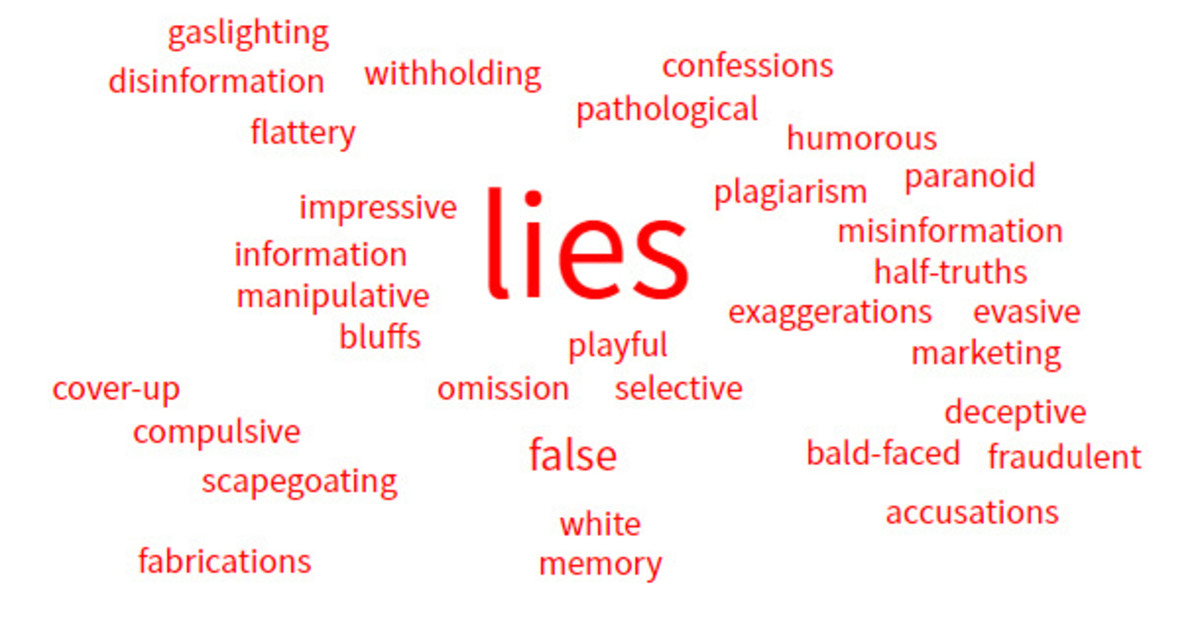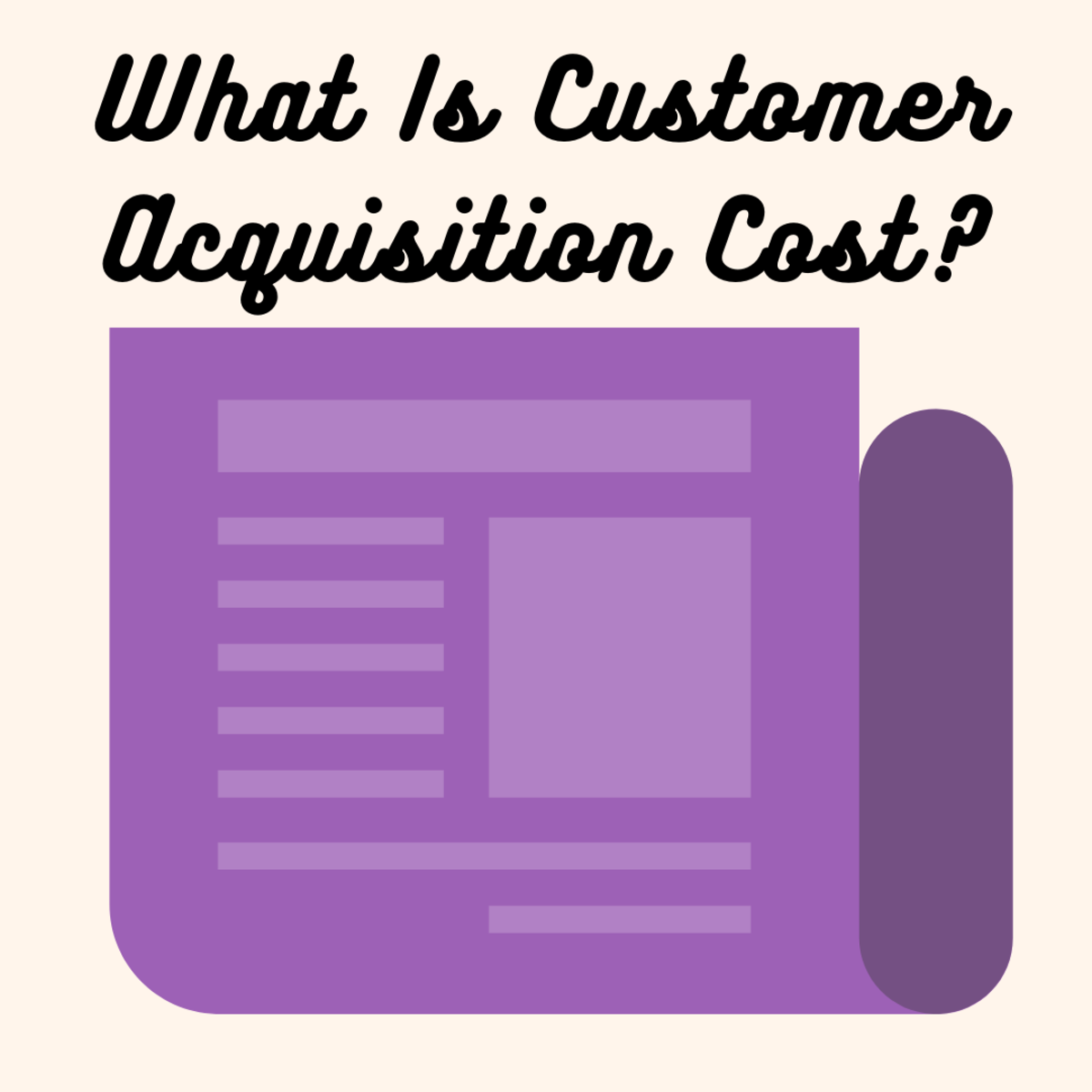The secrets to persuasive writing and presentations

Tips and techniques to convince and persuade others
Some writers just seem to be able to be persuasive and win arguments. But there is a science behind persuasion, and here are various techniques that can be used to make your writing and presentations more convincing and persuasive.
Establish your credibility
If you don’t appear believable, you are unlikely to be listened to. People just won’t trust you. Particularly if they think there is self-interest involved. For example, a doctor who talks about the benefits of a certain medicine will be given more credence over a representative from a drug company who says the same thing.
Although it may be tempting to do so, be careful not to make exaggerated claims about the benefits of something you are trying to sell. It only makes you more untrustworthy in the eyes of others. In fact one of the best ways to boost trustworthiness is to admit to some disadvantages or faults. It not only makes you appear more honest, but also more knowledgeable. For example, if you were a nursery salesperson, talking about a particular plant, you might point out the conditions that the plant does not grow well in.
Another technique to establish credibility is to use testimonials. Independent reviews and endorsements can be particularly persuasive. You are more likely to be believed if you appear honest.
In the end strong facts, backed up with details, as well as professionalism will establish credibility. This will go a long way to creating trust.
Use open questions
Open questions are questions that cannot be answered by a simple yes or no. One of the reasons open questions can be effective is that the person answering the question, whether out loud or in their minds, is the person you want to persuade. Therefore, they are their very own creditable source!
The key is to ask the right questions. The question must get people thinking. For example, a person talking about the importance of dog training, might ask “what would you do if your child was being threatened by a dog?”
Body language: be aware of how you look and sound
It’s not just words that we need to work on to be persuasive. Body language and tone of voice hugely influence the impression we make on others.
The tone of voice can be an effective persuader. Try to speak clearly and confidently. Low pitched voices generally sound more authorative than higher pitched voices. If you want to emphasise a certain point pause slightly before saying it, or alternatively, lower your voice.
Try to look people in the eyes, and dress appropriately for all occasions. This gives you confidence. It also makes you look professional.
One tried and true method of improving rapport is to “mirror” other people’s body language. For example, if the other person is sitting and leaning forwards, then you do the same. However, this is said with a word of caution to remember logic here as well. There is no point in obviously mirroring every exact movement of the other person, that will just come across as silly and strange. The idea is to gently copy movements, so that both of your body language is in harmony. For example, if the person you want to persuade scratches their nose, you might touch your hair.
Become a reflective listener
Following on from mirroring body language, a technique called reflective listening can also be used to help establish rapport and trust. Reflective listening is exactly what it sounds like: mirroring or summarising what the other person says. So if someone was talking about what a tiring day they have had you may reflect “You sound exhausted.”
Don’t ignore criticism
Don’t ignore the negative things that others say. It is generally best to combat what others are saying and why people should still listen to you. For example, “Yes, the shop down the road sells vegetables slightly more cheaply, but the ones here are all grown organically so they have more health benefits and are full of flavour.”
Appeal to what people want
Most people like to feel like they are doing the right thing if they are given the opportunity. So one way to persuade people is to appeal to their perception of themselves. Generally people like to feel they have good qualities such as generosity and politeness. For example, a sign in a work room kitchen saying we “enjoy an honesty system” of payment for drinks in the fridge, would be more persuasive than one just listing the price of the drinks. The honesty comment makes people feel like part of a caring and honest community.
Keep in mind that people really want to hear about how something affects them. So list benefits, rather than the features and functions. One example would be a new washing machine with a very efficient water rating. Rather than emphasising the litres of water it uses per cycle, talk about the environmental and financial benefits of its efficiency.
Useful links
- Public Speaking Skills - How To Persuade People
Persuasion is the key to accomplishment, not only for politicians or stockbrokers, but for everyone of us. In a job interview, you have to persuade your interviewers why they should hire you and not the other...








